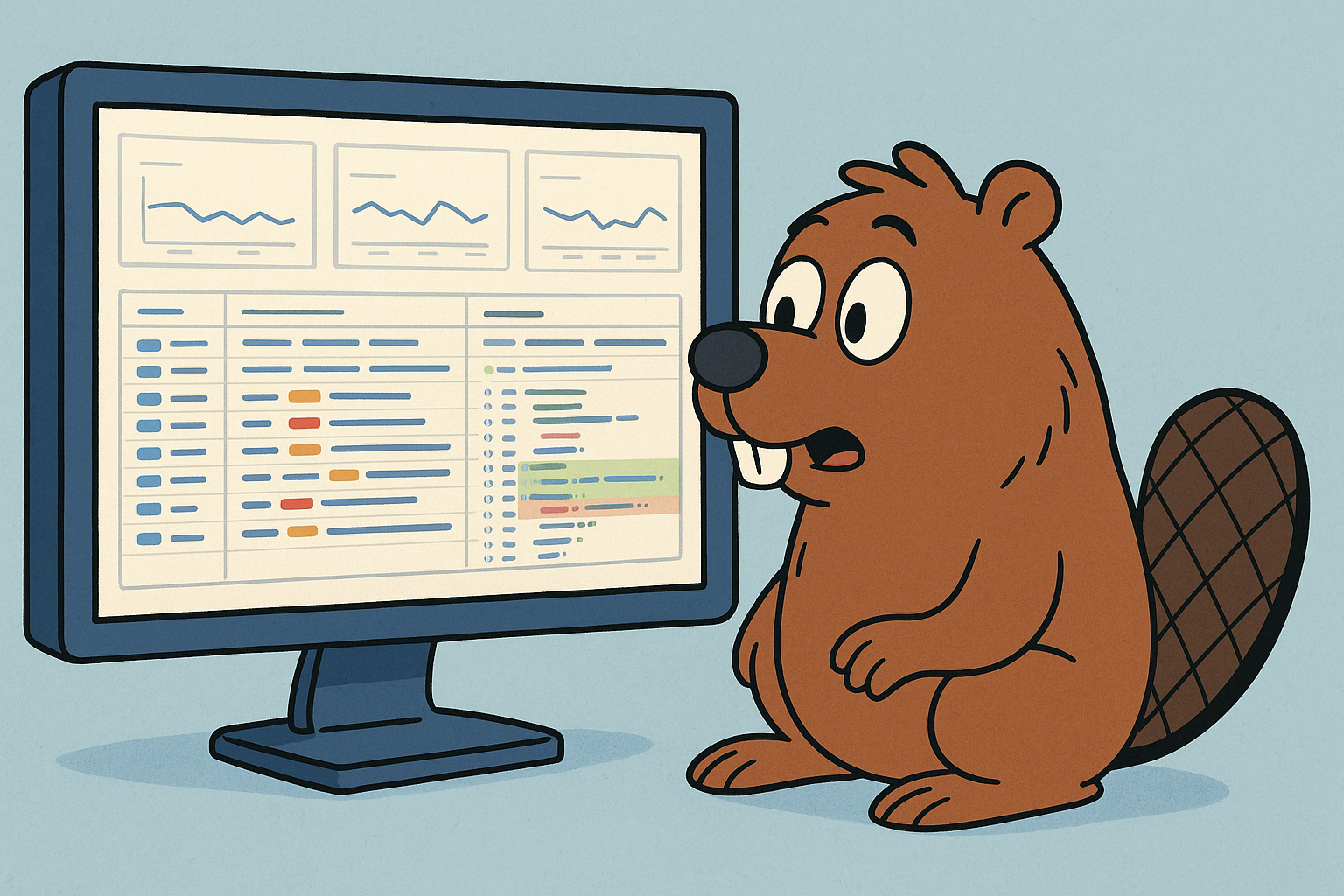In this video we highlight Grepr's ability to work with Splunk. We have Grepr receiving data from Splunk Heavy Forwarders using S2S. We configure Splunk to reduce the data and forward it to Splunk. Grepr massively compresses the logs passing through, but the logs are still in the Grepr data lake. They can be queried using SPL, and sent back to Splunk with a manual backfill if needed. You can also see this compressed data stream in Splunk, and if you want to see the raw data that corresponds to a summary message, you can use the embedded link in summary messages to quickly get to it.
More blog posts
All blog posts
Grepr Live View: Test Pipeline Changes with Production Data
.png)
Grepr Recognized by Gartner as a Cool Vendor for AI Driven Operations



